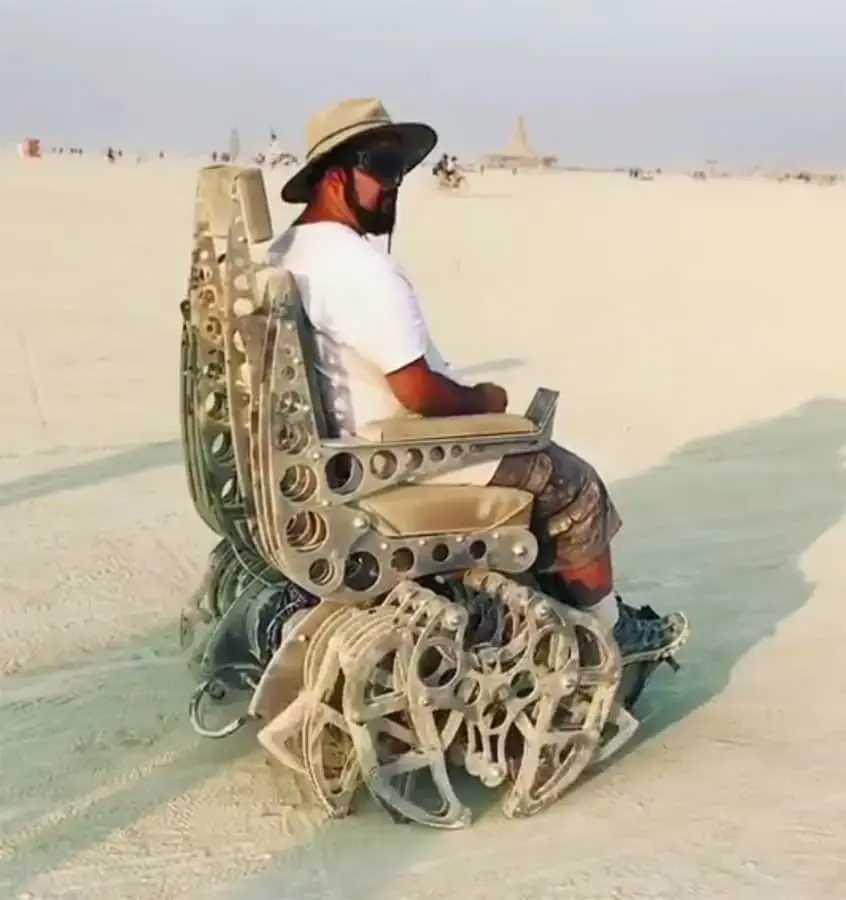Wood glue and dowels has already helped a lot, but I think using a new piece of wood as a splint would be great (I used that method to fix a very similar situation with our picnic table, and it's still holding up many years later). Just make sure to attach it with wood screws, and drill pilot holes first, to prevent any further damage.
Do It Yourself
Make it, Fix it, Renovate it, Rehabilitate it - as long as you’ve done some part of it yourself, share!
Especially for gardening related or specific do-it-yourself projects, see also the Nature and Gardening community. For more creative-minded projects, see also the Creative community.
This community's icon was made by Aaron Schneider, under the CC-BY-NC-SA 4.0 license.
I'm grabbing popcorn for this one ...
(Not to be one of those people who comments but doesn't offer help, if it were me I'd replace the entire base. One possible suggestion - find a different base second hand and adapt it to fit the chair. There is no karmic rule that says the base has to be the same brand as the chair, or even match it. It all depends on how the existing chair attaches. You might even take the modifications to an extreme).

What I would do and i'll preface this by it may be beyond repair.
On the bottom dril 1/2 holes and add dowels like you did on the side. that will help reinforce that split.
Then to try and save it get a 1/8 " metal or aluminum strip and drill holes in it for screws. 4-6 even spaced. then get screws that go about halfway into the leg from the bottom. screw that metal piece on it (bottom of leg). make sure its as long as like 3/4 of that leg and just a hair less wide. that should add some structural strength.
again it may be too weakened but why not try...
Ramen and superglue
Dowels glued in place will almost certainly be stronger than the bolts. However, depending on whether you care how pretty or ugly it is, it might be worthwhile to get 2-3 large hose clamps to wrap around the joined pieces, and cinch them up tight. That should provide support around the wood to minimize the chance of the wood trying to split out in the same direction as before.
Note that it might help to show a picture of how things are supposed to go together? I originally thought these were two separate pieces which mated together (which is why I suggested gluing dowels through "both" pieces), but I just realized that it is actually two separate shots of the same piece, so I'm not quite sure what this is supposed to be attached to.
For those curious about the outcome: I added a red oak splint with dowels and two hose clamps and reassembled the chair on Sunday. So far everything's held and there have been no more disturbing splintering noises.
